Sand, Sudan and Its Perception
Look out into the desert sand and notice how the grains all work together to form an orange landscape. Kneel and feel the warmth on your knees. Dip your hands in and feel the fine hot grains surrounding them, you can’t help but feel like you’re one with the sand. It’s ever consuming, almost suffocating. It’s part of your identity. When people think of eastern sub-Saharan Africa, they think about sand. When people think of Sudan, they think of the overbearing, uncooperative government.
People build around the sand in Sudan. There’s no point in embracing it. In doing so buildings would be unstable and structures would fall. However, sandstorms exist and if the winds are particularly strong, your house will inevitably take a hit. People should be aware, and I think we all need to care a little bit more.
Our disconnect to the political climate
For most of our lives, we hear about the atrocities that happen in this world; history books reference past wars and crimes against humanity. After colonization the world was constantly fighting for territories. Now we all seem to be fighting over resources, each country stepping on its neighbors back to get ahead. Sudan has a rich landscape; the potential for biomass in Sudan could quadruple from its current level. Only 25% of Sudan’s estimated 74 million hectares of arable land are now in use (Rabah). This rich agriculture combined with its natural resources like oil and gold is what other countries are trying to exploit.
From my experience it seems that everyone around me is numb to the things happening overseas, we don’t seem to care, not because we’re all heartless but because we’re so used to it. Every day when I open Instagram, I see friends posting about Palestine, Syria, Yemen, Lebanon, Ukraine—and the list just goes on. I found that it’s true when people say, “you don’t really understand something until it happens to you,” because although I cared I didn’t fully grasp that so many people were losing their loved ones, their families and essentially the only connection they have to this world.
A Girl’s Connection to Sudan
I’d visit Sudan in my youth, but not enough where I’d have a connection to the country. There were instances where I found the country beautiful. Driving on the bridge that oversees the Nile was always a beautiful scene, watching people take a dip in the water, enjoying the waves, while others are busy collecting the crops they’ve grown. Connecting with my relatives has always been a challenge though, relating to my cousins who grew up surrounded by Sudanese culture as an opposed to my all-American upbringing was a shock. My parents tried to teach us the language and the ways of life, but it all seemed watered down when I was fully immersed in the country, I’d heard so much about. Sand can feel comforting and warm giving a sense of safety and reassurance, but it can be bothersome when it is everywhere and gets in between what you want to do. All you can do as a person is mind your business, just like when I’d say I want to go to the grocery store for a late-night snack, you loop the familiar dirt road but, on your way, you encounter a military soldier making rounds. He asks you a lot of questions that feel unnecessary and you go on with your way, the entire encounter feels both annoying and surprising, like grains of sand getting caught in your eye. It feels rough and unnatural and the thought of it even after you finally get that sand out is relief, but you also can’t shake the uncomfortable feeling, eventually though life gets in the way and the thought of that sand gets pushed to the back of your head.

Furthermore, growing up I was taught that the reason I don’t live in Sudan is because it’s a corrupted country, which in turn made me ashamed of my heritage. Those thoughts were also fueled by my parents, since they always told me and my sisters that we American citizens and we can do things with our lives, unlike people who were stuck back in Sudan. With that I held the belief that I was an American, it didn’t feel like that though, if anything I felt culture less, it felt like I was just a grain of sand, trying to find my place in an endless desert. I knew there was a reason why most people had empathy for their original country, I just needed to find my own.
A Desperate Need for Understanding
I often look at the people who raised me for answers, my mom and dad both immigrating for a better life to America. Growing up, I always noticed a tinge of sadness on their faces when Sudan was on the news, usually for something heinous the government did. In 2011, there was a civil war that split the country into two. In 2019, there were violent protests for democracy. Now, due to foreign interference soldiers are running around doing what they want. Soldiers are fighting for government control while many are caught in the crossfire, and the suffering is so great that women have committed suicide to avoid being raped. Recently, I felt like the negative portrayals of Sudan I bore witness too outweighed the positive, and I wanted to change that. I wanted a more direct and authentic perspective.
Some Clarity
I approached my dad while he was watching soccer in the living room. After sitting with him for a while, I asked, “What’s your favorite memory of growing up in Sudan?” He paused to think and then shared a story about playing soccer in the sand after school with his friends. He laughed as he described avoiding his house so his aunties wouldn’t call him over and end the game early. He concluded, “The sense of community can’t be replicated.” From that one interview I gathered that my dad, my family, Sudanese people, humans in general, are all the same. Culturally, ethnically, racially and through ways of government we might all be divided but when you come down to the root of a person, we’re filled with love and empathy.
Sandstorms have always been an issue; I think anyone that has experienced them would agree. I mean who wouldn’t? Sandstorms generally develop when high winds sweep across arid areas with no vegetation. The wind strafes the ground, breaking up the covering of dust on top of it and lifting the light, small dust particles into the air. Eventually, dust and wind mix to form massive clouds that drift across land. When it gets windy you find yourself in a sandstorm, struggling to get around the sand, being pushed by the strong winds in directions you can’t make out. It’s hard to see the purpose of sand in that moment, it hinders your vision and makes getting home harder than necessary.
New Found Empathy
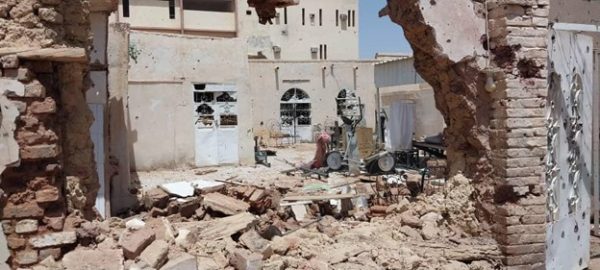
It’s a helpless feeling, trying to communicate your needs, and your pleas fall on the deaf ears of soldiers who are meant to protect your country. It’s like screaming in a sandstorm, your point is relevant and important, but your voice gets picked up by the wind. These experiences that I’d hear, and experience motivated me to have a connection to relatives my age, forming that connection, by just talking to them and putting in the effort to love and know them, made me fall in love with my culture. This later helped me understand and appreciate my country and want to fight for it, making me truly understand the struggle people in war-stricken areas face and why I as a fellow human being should care.
Even in emergency situations like trying to get to the hospital, or home, sandstorms don’t wait for you, they lack humanity and a sense of urgency, and eventually homes and hospitals, necessary parts of any society, get blown away.
All in All
Our love and understanding for one another can ultimately be traced back to the things we cherish, the beliefs we share, and the humanity we have in common. Each of us must look within to discover what truly defines us. Only then can we strengthen our sense of morality and understanding.




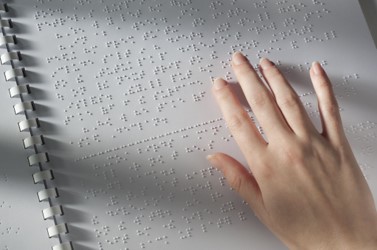
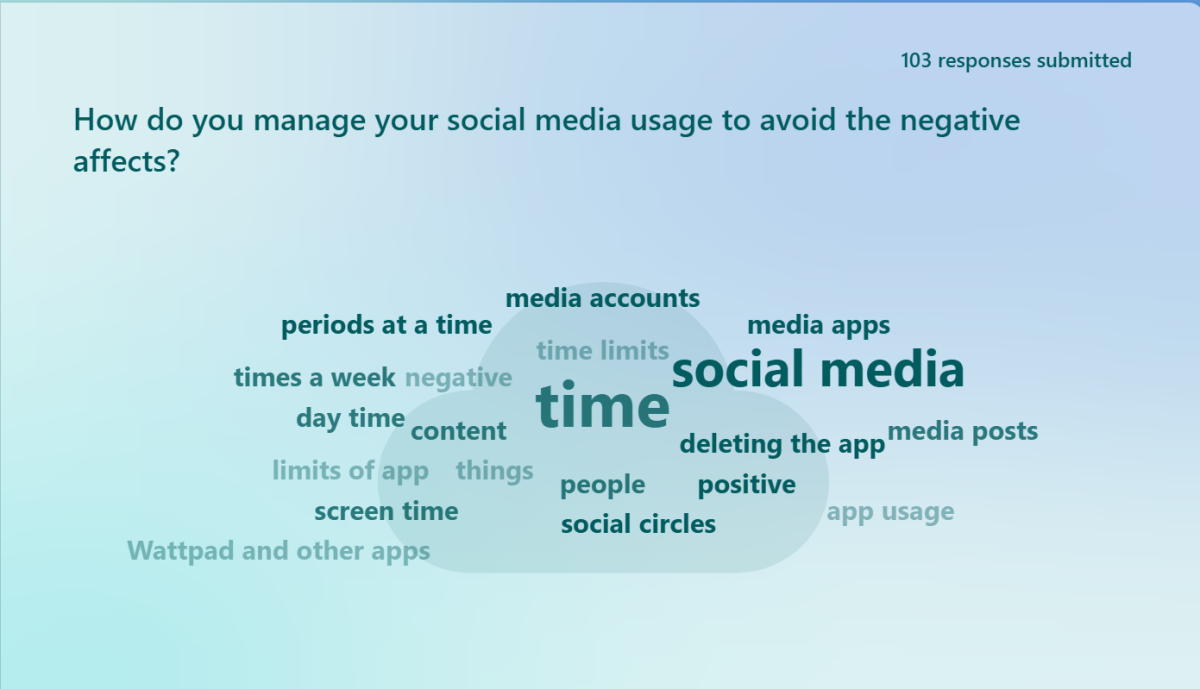


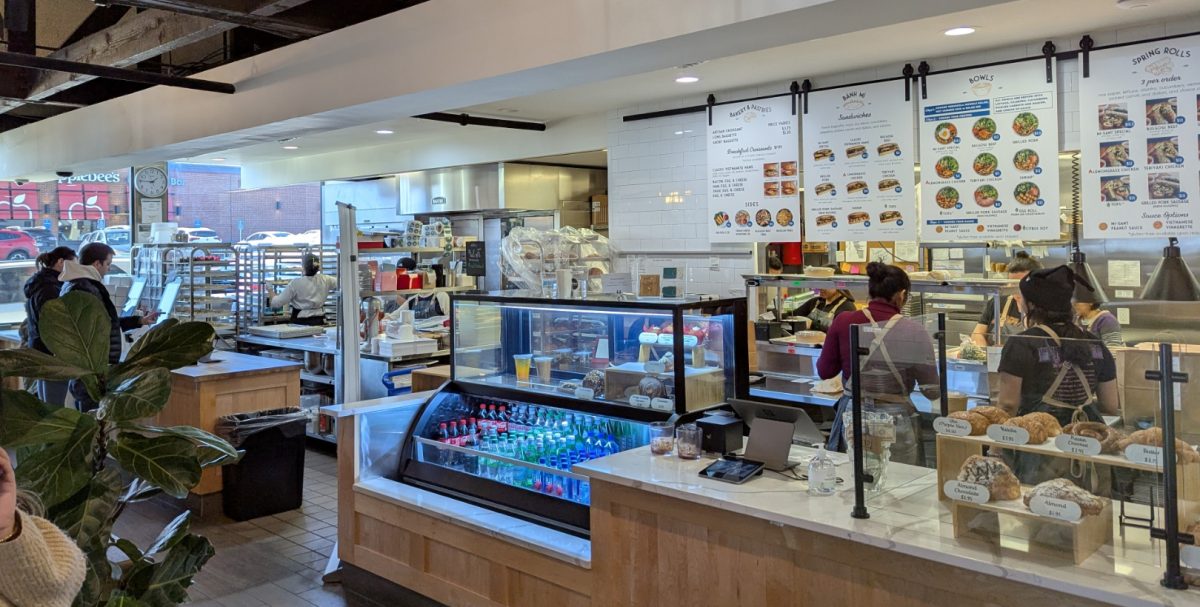
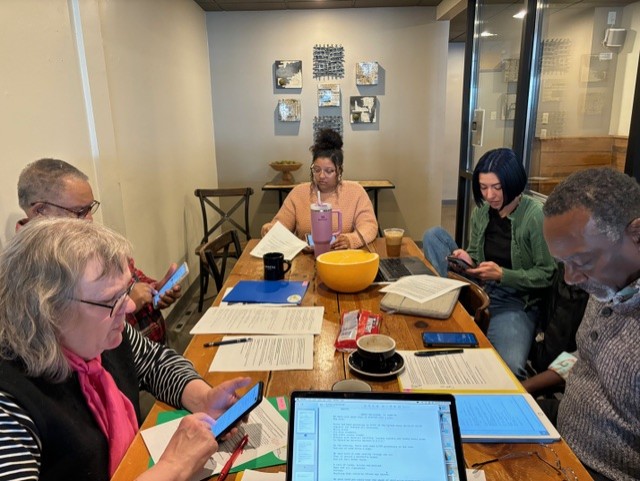
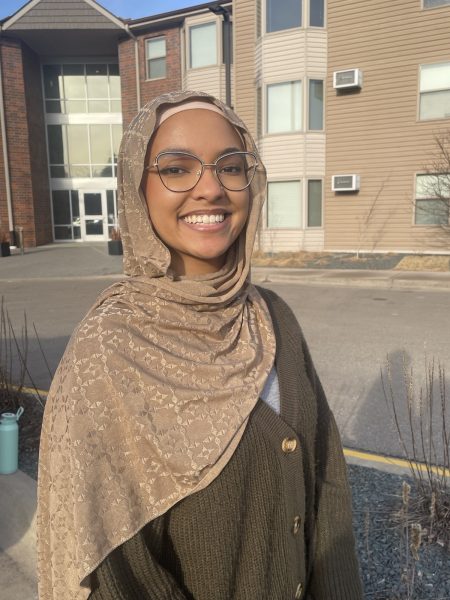
Dalia • Feb 13, 2025 at 3:04 PM
I really enjoyed reading this. Great work!
Yara al abdallah • Feb 13, 2025 at 4:39 AM
Wow this was amazing and it brings a new light to Sudan. My neighbor were Sudanese and every time I ever talked to them I felt like I was home even though we were from different countries . I always found that too when I talked to you during school .
Neamm • Feb 20, 2025 at 2:03 PM
That’s so sweet! I’m glad you feel tat way Yara.